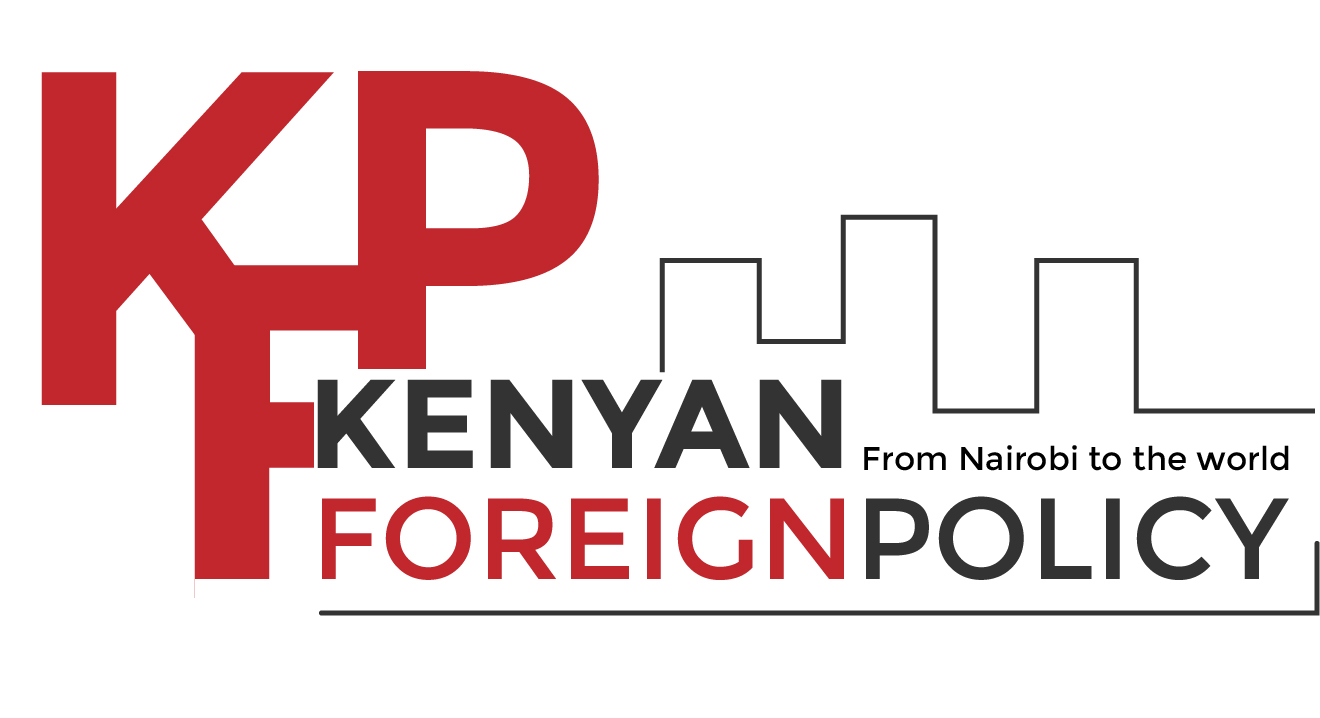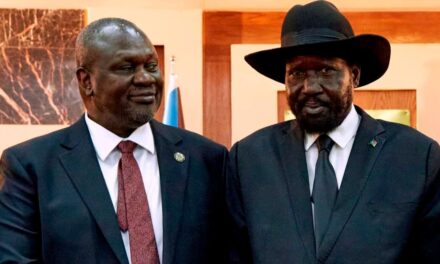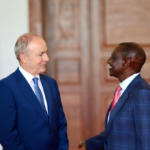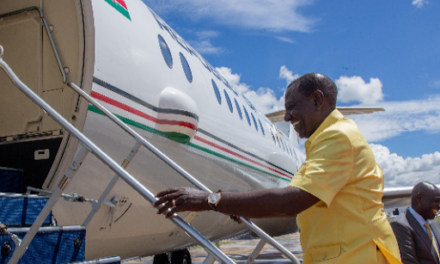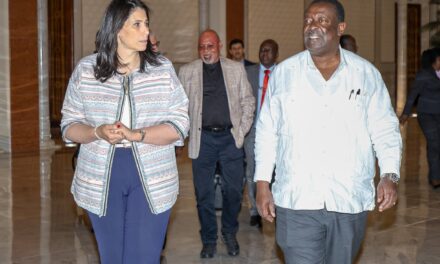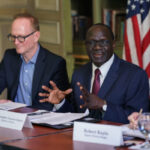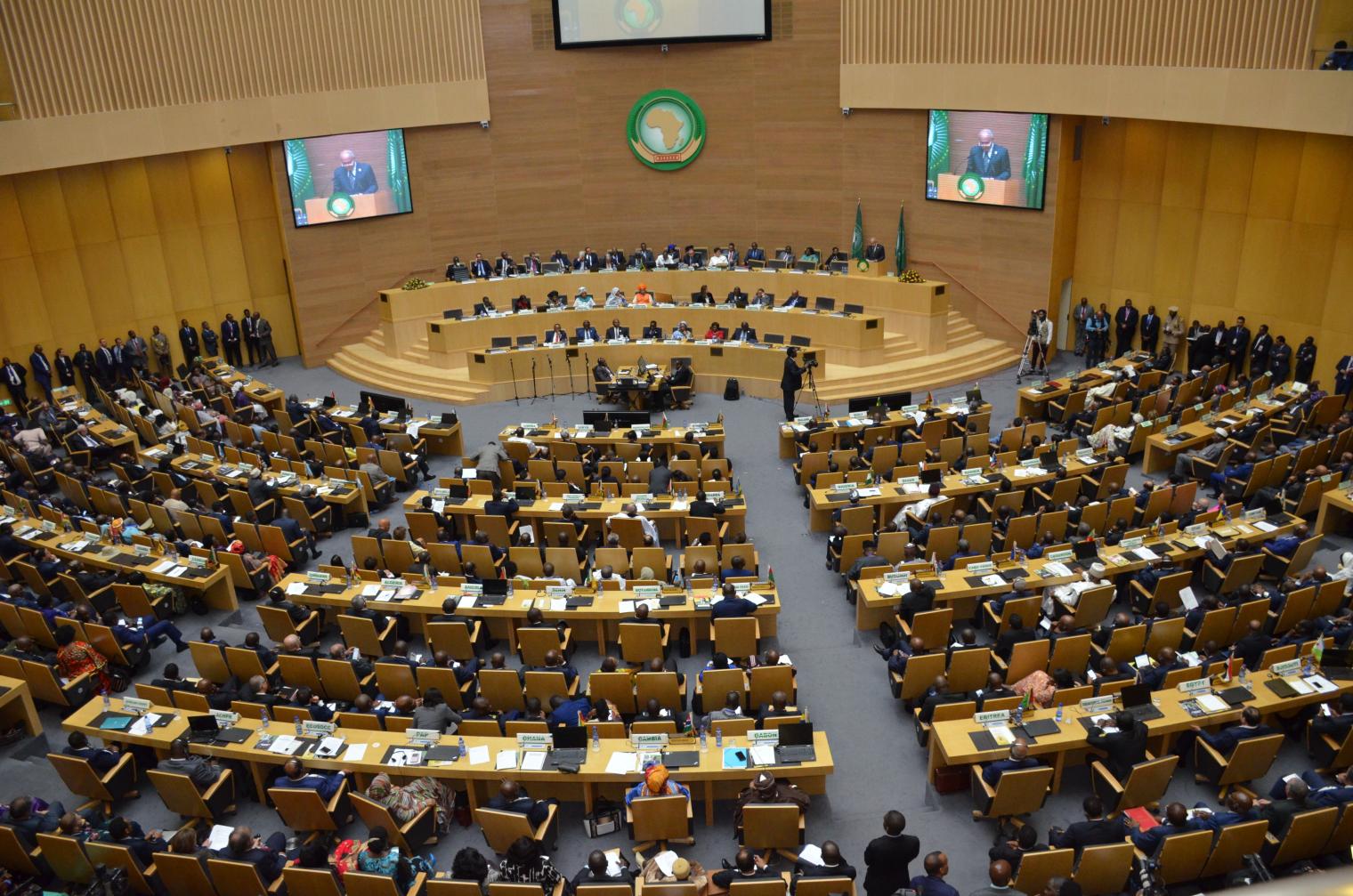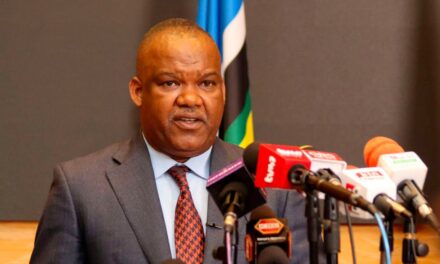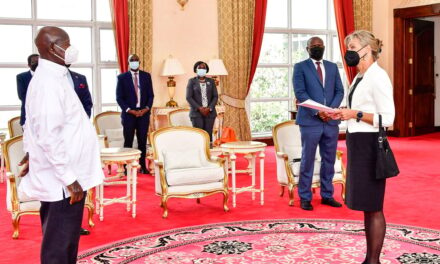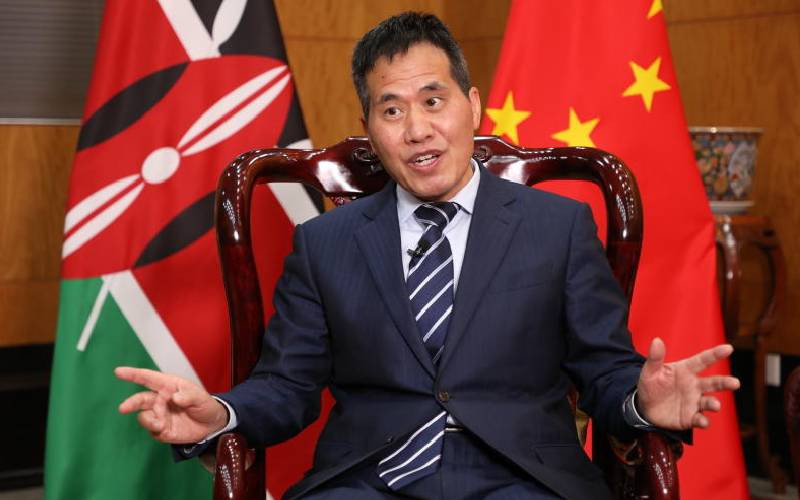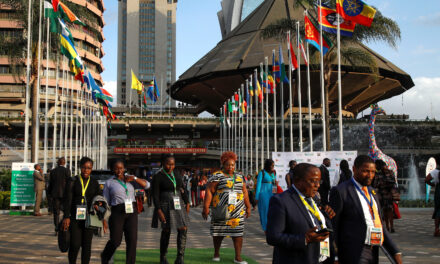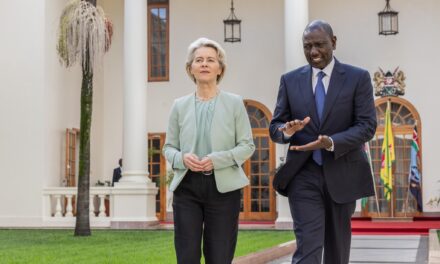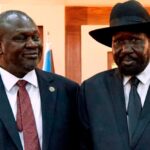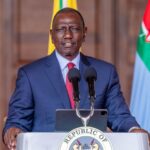
Kenya Calls Israel a “Punishing Occupation”, Condemns Hamas
Posted by KFP Editor | Oct 28, 2023 | CLIMBING DOWN?


New York City, — Kenya, in its statement at the United Nations on Friday evening, referred to Israel as a “punishing occupation”.
Martin Kimani, the Kenyan Permanent Representative to the UN, made a statement shortly after the global body overwhelmingly voted in favour of a resolution calling for a humanitarian ceasefire in the besieged Gaza.
At the same time, Kenya also condemned Hamas actions in what it called a “terrorist attack on Israel”.
This move is perceived as a softening of Kenya’s earlier hard stance regarding the increasingly intense conflict between Israeli forces and Hamas.
Kenya, known for taking a firm stance on important global issues, supported a UN General Assembly resolution alongside other 119 countries, that called for an immediate, durable, and sustained humanitarian truce between Israel and Hamas on Friday evening.
In his statement, Kimani delved into the historical context of state responses to terrorism, especially when it involves the use of illegal means.
He drew a touching parallel to the international responses to the devastating 9/11 attacks, emphasising the wisdom needed in addressing such conflicts and highlighting the substantial cost of subsequent radicalization and violence.
Relating the gravity of the conflict in the Middle East, Kimani voiced Kenya’s deep concern for the well-being, dignity, and statehood aspirations of the Palestinian people.
The former Kenyan Counter Terrorism Centre boss argued that the just cause of the Palestinian population would continue to be overshadowed by what he termed “a punishing occupation”.
And just like his candid tone in February last year when he condemned Russian aggression against Ukraine, Kimani made a striking observation: both sides in the Israeli-Palestinian conflict had displayed a disturbing lack of empathy for the civilian casualties endured on the opposing side.
He pointed to this lack of empathy as a fundamental stumbling block in the path to peace.
Commenting on the specifics of the recent UN resolution, the envoy who is seen as Kenya’s-only aggressive diplomat abroad mentioned the alterations made to the text, which acknowledged the 7th October terrorist attacks and the hostages taken by Hamas.
The resolution also reaffirmed the commitment to a two-state solution. While Kenya’s favorable vote aimed to address the immediate humanitarian needs of Gazan civilians, Kimani stressed that the resolution fell short in addressing Hamas’s role in initiating the disastrous series of events.
Kimani revealed that Kenya had co-sponsored and voted in favor of a Canadian amendment that explicitly condemned Hamas’s acts of ‘terrorism’ and hostage-taking. He emphasised that meaningful dialogue, coupled with empathy, was essential, and the failure to engage in such dialogue was a major impediment to peace.
Kenya also demanded the swift and unconditional release of all hostages held by Hamas. Kimani called upon all UN member states to intensify their efforts to suppress the financing of terrorist groups.
Drawing from Kenya’s own experiences, Kimani underscored the need to name and shame those who resorted to terrorism to advance their agendas.
The envoy drew parallels between Kenya’s own painful history of colonial rule and the current suffering of the Palestinian people.
He underscored the imperative for progress in negotiations, stressing the urgent need for a two-state solution. Kimani said the lives of Palestinian civilians were equally precious and the necessity for a global resolution to the Palestinian Question.
He called upon Israel’s military to take every precaution to safeguard civilian lives and protect essential civilian infrastructure from military strikes.
He unequivocally condemned Hamas’s tactic of concealing weapons within civilian areas, labeling this practice as both abhorrent and illegal.
Such actions, he argued, blatantly violated the fundamental values and international laws upheld by the United Nations.
Your support empowers us to deliver quality global journalism. Whether big or small, every contribution is valuable to our mission and readers.
